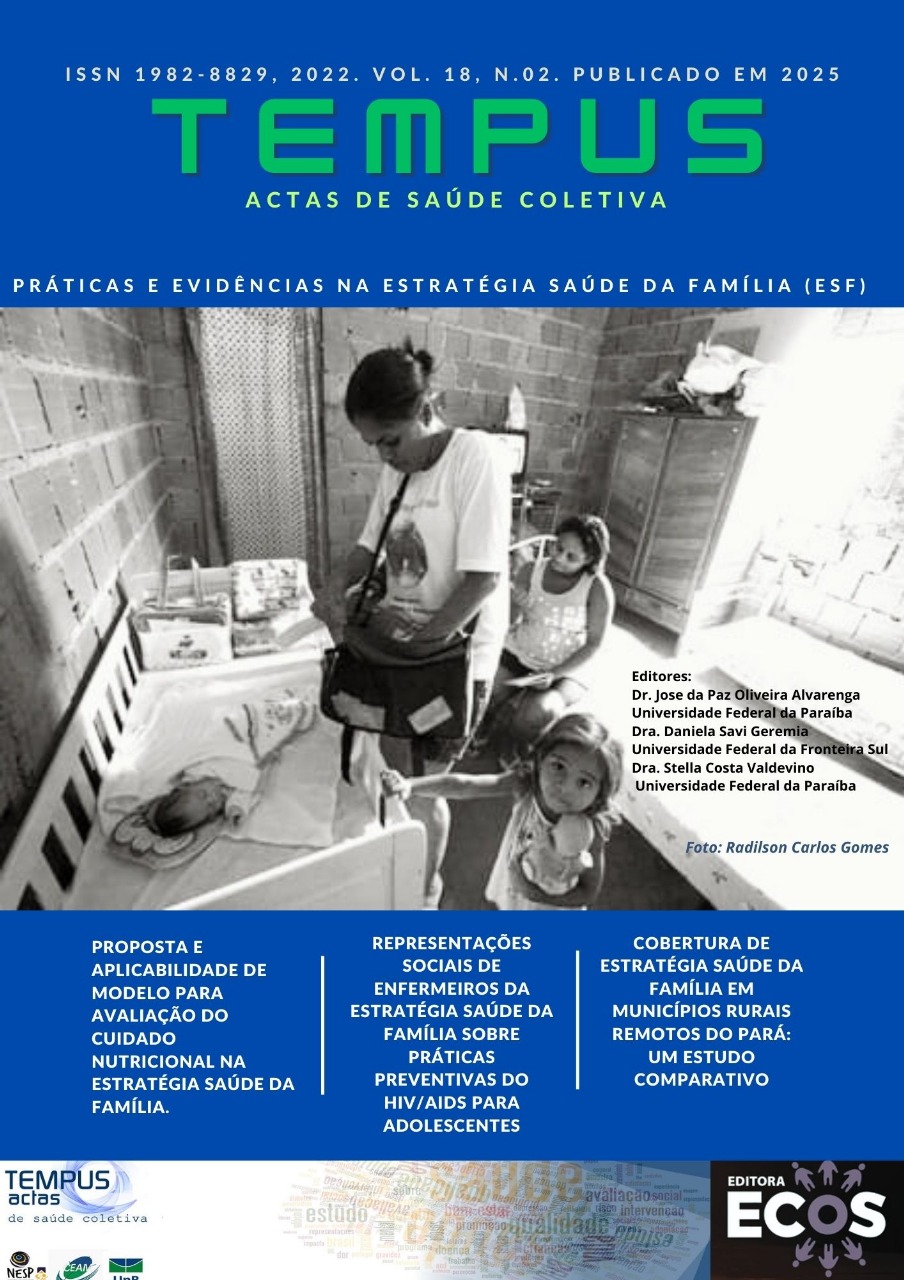Abstract
The Family Health Strategy (FHS) has expanded access to health care in Brazil and
minimized morbidity and mortality. Despite ongoing challenges, Family Health has
contributed to the attributes of Primary Care, and workers are important social actors in
ensuring actions and care. However, many health workers are exposed to work overload and
precarious employment relationships, factors that can impact physical and mental health. The
objective of this study was to evaluate the work habits, effort, and quality of life of FHS
workers in the municipality of Guanambi, Bahia. This is a descriptive, cross-sectional, and
quantitative study. The following validated instruments were used: Borg Scale, WHOQOL
Bref, and socioeconomic questionnaire. It was possible to observe that the components of
health teams are subject to negative components related to physical, psychological, and
environmental exhaustion, factors that influence quality of life and, concomitantly, work
habits and effort. Therefore, it is necessary to consider that we must think about public health
policies for primary care, but it is also proportionally important to understand the quality of
life of workers who produce family health.

This work is licensed under a Creative Commons Attribution 4.0 International License.
Copyright (c) 2025 Tempus – Actas de Saúde Coletiva ISSN 1982-8829

